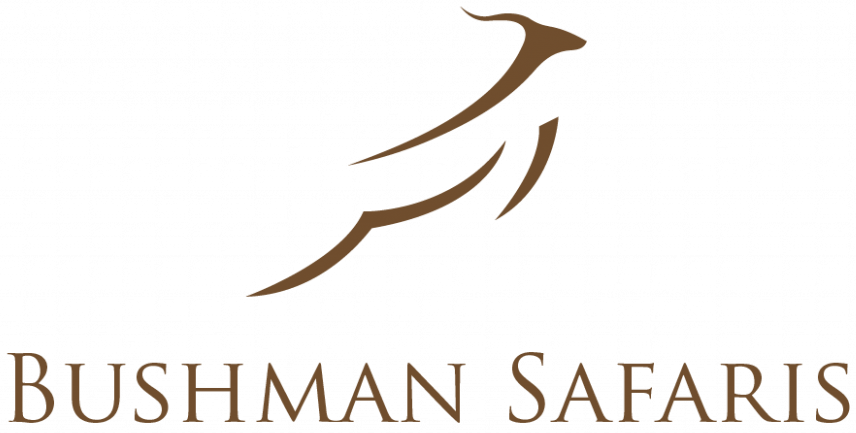“`html
Exploring the Unseen Threats: COVID-19’s Impact on Uganda’s Mountain Gorillas
Nestled in the misty mountains of southwestern Uganda, Bwindi Impenetrable National Park is a sanctuary for many mountain gorillas. It is home to half of the world’s population of these primates, playing a critical role in their conservation. The inhabitants and wildlife here share a profound connection, but now, the COVID-19 pandemic looms as a new threat to their coexistence.
The Shadow of a New Threat
Mountain gorillas, sharing 98% of our DNA, are extremely susceptible to human diseases. The similarity places them at risk as the virus SARS-CoV-2, which causes COVID-19, could potentially wipe out entire groups. Unlike humans who have access to medical care, gorillas do not, making natural treatment challenging. With Bwindi Park reopening to tourists post-lockdown, there’s both hope and peril. Tourism funds essential conservation efforts but also risks introducing new diseases to the gorilla populations.
Walking in Fragile Territory
Reaching the gorillas involves trekking on steep paths between 1,000 to 2,600 meters high through dense jungle. The park mandates a 10-meter distance from the gorillas, a challenging rule to enforce in the wild. Rangers and guides, like Emmanuel Mpastwe, take precautions by wearing masks and using hand sanitizer, constantly vigilant to maintain safety. Nonetheless, challenges such as increased poaching during the lockdown period persist. With reduced travel and fewer ranger patrols, poaching activities spiked; thus, conservation teams are intensifying efforts to curb these threats, recognizing that local livelihoods are also tied to conservation success.
Community Connection: The Key to Survival
The relationship between gorillas and the local communities is intricate. Occasionally, gorillas invade crops like bananas and sweet potatoes, leading to conflicts. In response, farmers have started planting crops unpalatable to gorillas like tea, which not only mitigates conflict but also provides a source of income and establishes safer living conditions for both parties. In addition, health initiatives complement conservation efforts as teams disseminate hygiene practices and distribute masks, aiming to prevent diseases from transferring between locals and gorillas.
Tourism: A Double-Edged Sword
Tourism accounts for 60% of the funding for wildlife conservation in Uganda. It supports ranger patrols and community initiatives. The COVID-19 pandemic highlighted the reliance of conservation on tourism revenue; curtailing tourism reduces disease transmission risk but also diminishes crucial funding. This reduction could lead to increased poaching. Therefore, managing tourism carefully is imperative to safeguard both the health of mountain gorillas and the economic stability of local communities.
Guardians of the Forest
Veterinarians and conservationists closely monitor the health of the mountain gorillas, analyzing dung for early signs of COVID-19 and other diseases. Should an infection arise, prompt action to isolate the affected group is planned to give them a better survival chance. Bwindi Forest, enduring over 25,000 years, is a testament to resilience. Rangers, scientists, and the local and visiting communities are all stewards of this ancient habitat, holding a rare trust with the gorillas that must be conscientiously preserved.
Looking Forward
The unseen risks of COVID-19 affect more than just humans; they also pose a significant threat to the majestic mountain gorillas. Protecting these creatures necessitates a collaborative approach, emphasizing responsible tourism and local engagement. Every action, from wearing masks to cultivating suitable crops and supporting community health initiatives, makes a meaningful impact. Together, we must ensure the forest continues to thrive with the presence of mountain gorillas for generations to come.
Ready to Embark on Your Journey? Check out our Tours
Experience the thrill of a lifetime with Bushman Safaris. From tailor-made itineraries to expert guides, we ensure your adventure is both safe and unforgettable. Get in Touch to Begin Your Safari Booking
“`








